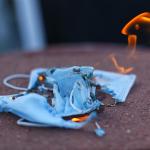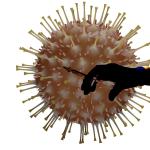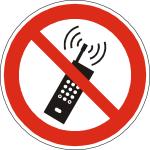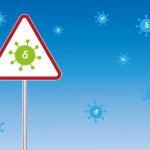In large part, those willing to wear masks and those not are entrenched in their beliefs; probably the same for those on either side of the vaccination and social distancing debates.
Disease
Scientists have developed multiple techniques to measure our energy expenditure and assign portions to our metabolism, our body's maintenance, and the energy necessary to go from the couch to the refrigerator and back.
To mask or not, employer mandates, worker pushback, and the changing landscape of dining in and out. The tradeoff is between risk and your sense of safety.
As I sit here in my living room, I’m bombarded with radiation – thermal radiation from the heat of the day, visible light radiation from the Sun and various lights and displays in the room, radiofrequency radiation from my wireless router and cell
Here are the demographics of disparity - separating the "fearful" from the "fearless."
“Consumers increasingly prefer digital channels across all healthcare-related activities, ranging from choosing a health plan, provider, and pharmacy to receiving the care they need and managing administrative actions and finances.&n











